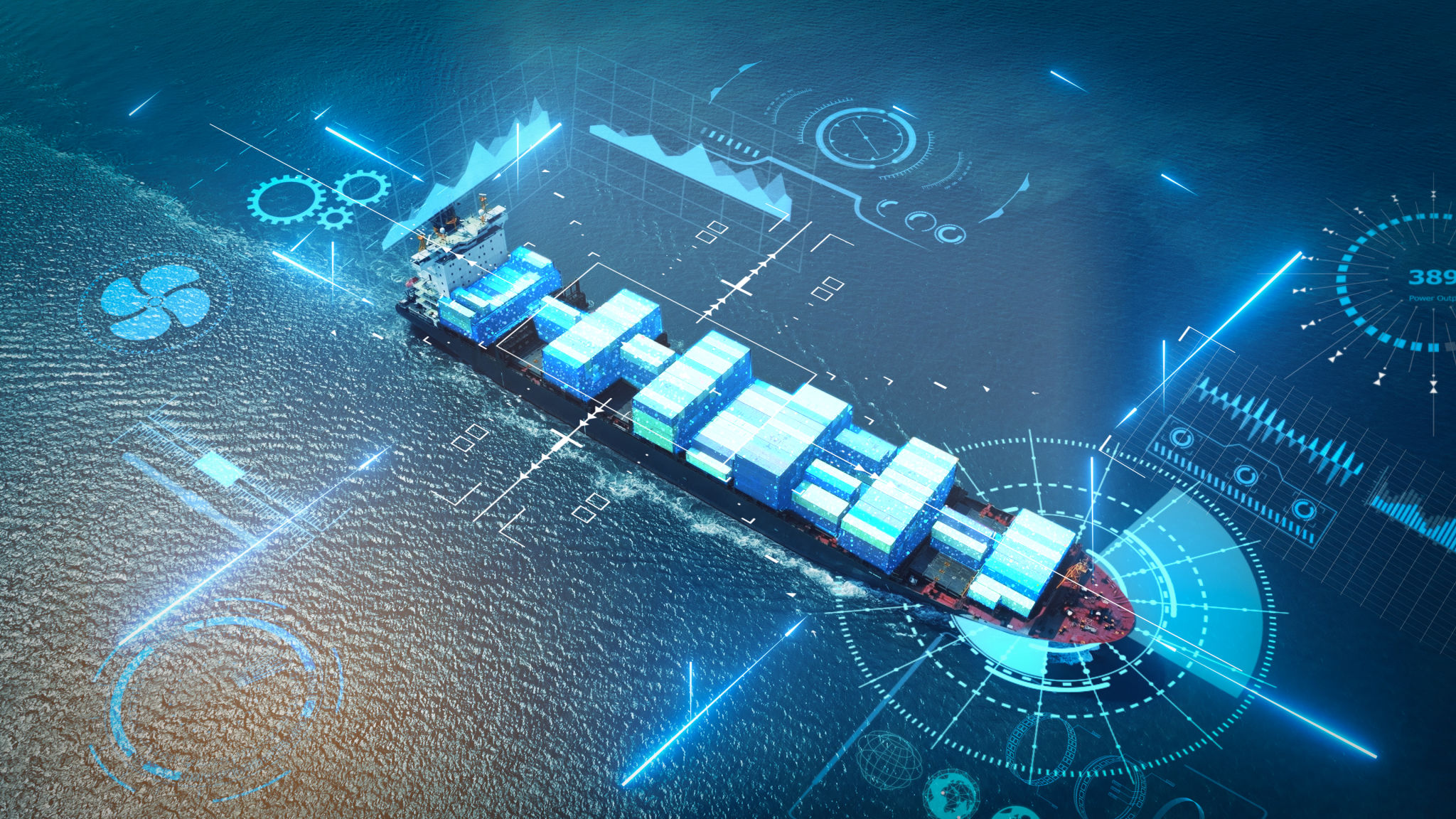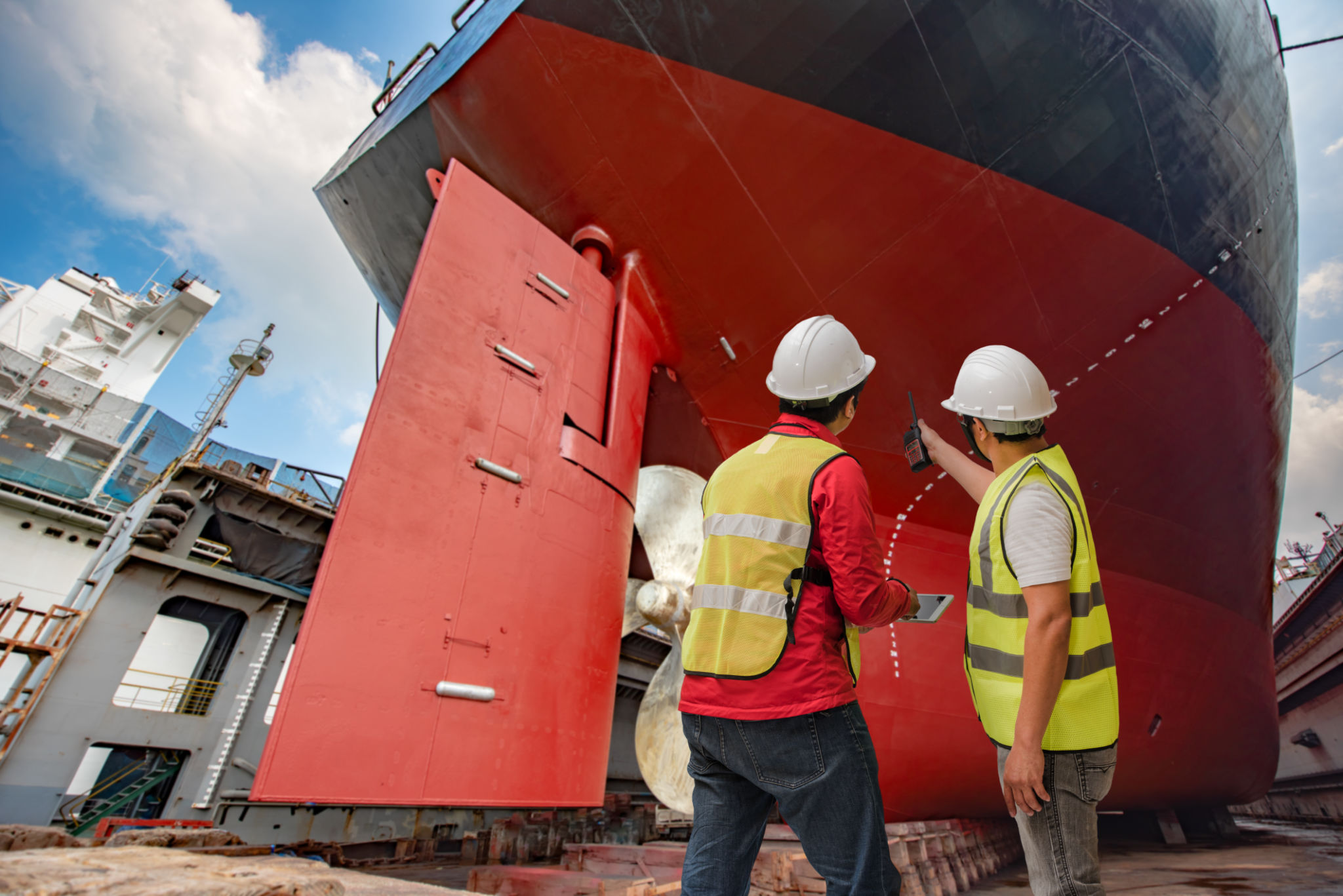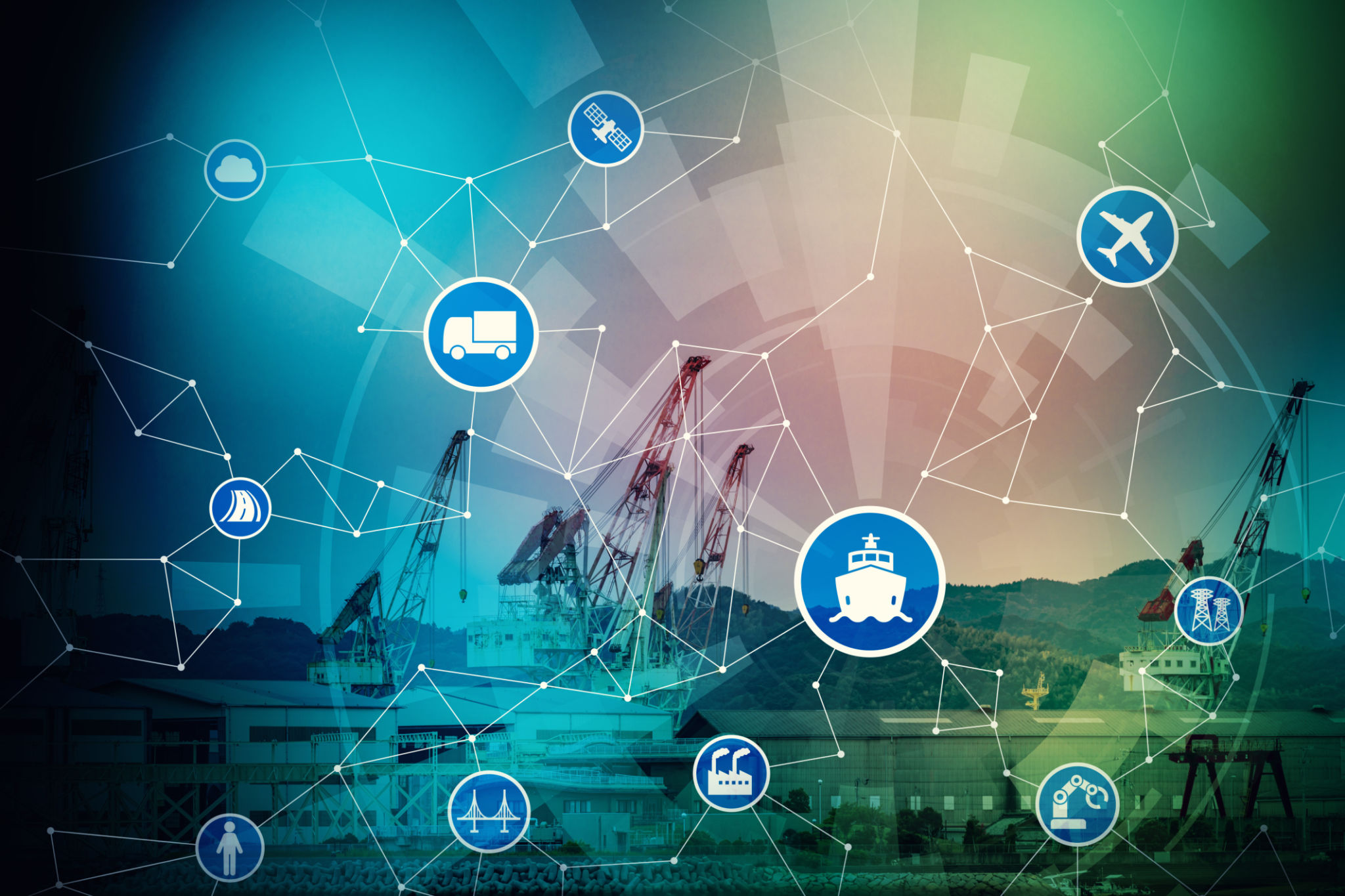The Future of Maritime Navigation: AI Innovations
Introduction to AI in Maritime Navigation
As technology continues to evolve, the maritime industry is experiencing a transformation driven by artificial intelligence (AI). These innovations are reshaping how vessels navigate the vast oceans, enhancing safety, efficiency, and decision-making. This blog post explores the latest AI advancements in maritime navigation and their potential impact on the future of this vital industry.
The integration of AI in maritime navigation is a game-changer. From optimizing routes to predicting weather patterns, AI technologies are providing unprecedented insights and capabilities. This ensures not only safer voyages but also cost-effective and environmentally friendly operations.

AI-Powered Route Optimization
One of the most significant contributions of AI to maritime navigation is route optimization. AI algorithms analyze vast amounts of data, including weather conditions, ocean currents, and vessel performance, to determine the most efficient route. This not only reduces fuel consumption but also minimizes the time spent at sea, leading to substantial cost savings.
AI-driven route optimization can be particularly beneficial in areas with unpredictable weather patterns. By constantly updating routes based on real-time data, ships can avoid adverse weather conditions, ensuring the safety of both the crew and cargo.
Enhanced Predictive Maintenance
AI is also revolutionizing predictive maintenance for maritime vessels. By monitoring equipment performance and using machine learning algorithms, AI systems can predict potential failures before they occur. This proactive approach allows for timely maintenance, reducing downtime and preventing costly repairs.

Predictive maintenance not only enhances the operational efficiency of vessels but also extends their lifespan. It ensures that ships remain in optimal condition, contributing to overall safety and reliability in maritime operations.
Advanced Autonomous Navigation
The concept of autonomous ships is becoming a reality, thanks to AI innovations. These vessels can operate with minimal human intervention, utilizing advanced sensors and AI systems to navigate safely. Autonomous navigation offers several advantages, including reduced human error and increased operational efficiency.
The development of autonomous ships is still in its early stages, but the potential benefits are immense. With continued advancements in AI technology, we can expect to see more autonomous vessels navigating our oceans in the coming years.

Challenges and Opportunities
While AI presents numerous opportunities for the maritime industry, it also comes with challenges. Ensuring cybersecurity, addressing regulatory concerns, and training personnel are crucial for successful AI integration. The industry must work collaboratively to address these challenges and harness the full potential of AI.
Despite these challenges, the opportunities presented by AI are too significant to ignore. By embracing these innovations, the maritime industry can enhance safety, efficiency, and sustainability, paving the way for a brighter future.
Conclusion
The future of maritime navigation is undoubtedly intertwined with AI innovations. As these technologies continue to evolve, they hold the promise of transforming the industry in ways previously unimaginable. By investing in AI and overcoming associated challenges, the maritime sector can look forward to a more efficient and sustainable future.
The journey towards fully integrated AI in maritime navigation is ongoing, but the progress made so far is remarkable. With continued research and development, the possibilities for the future are endless.
